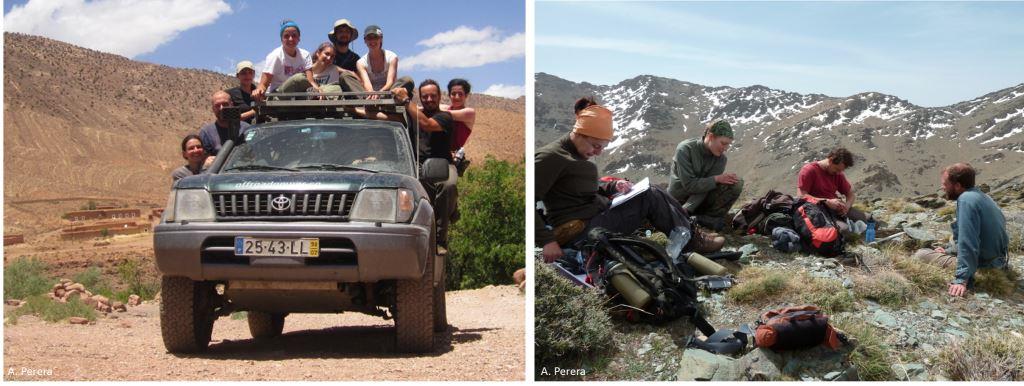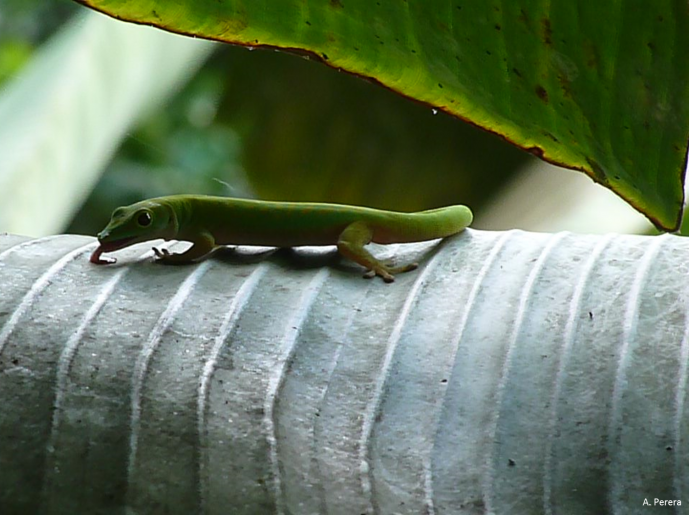Applied Phylogenetics - AP

The group Applied Phylogenetics (AP) is dedicated to the estimation of phylogeny, that is the evolutionary history of diverse biological entities, and the application of these phylogenies to understand biodiversity patterns and processes. Phylogeny underpins modern systematics, and one particular application of phylogenies is in identifying and describing new species. Furthermore, estimates of phylogeny are essential for comparative biology, and members of AP have interests in applying this technique across a range of fields from determining patterns of morphological, physiological and behavioural variation across related lineages to aspects of molecular evolution, such as gene duplications and rearrangements and hybrid speciation. Phylogenies are also applied in ecology to determine the contribution of conservativeness and shift in niche evolution and thus how patterns of biodiversity change through time either in the past or in the future, which has particular importance given the concern over global climatic alterations, and is one of the main topics AP researchers are addressing. Phylogenetics, particularly where it overlaps with population genetics and biogeography in the field of phylogeography, is also one of the key areas of the Group?s research activities, and is of paramount importance to conservation through assessments of the distribution and depths of genetic diversity of species, which may be under extinction risk. Finally, the group has a strong line of research in determining and applying co-phylogenies, particularly between parasites and their hosts. The last is of crucial importance not only for identifying this cryptic component of biodiversity and the evolutionary and ecological processes associated, but may also render application in conservation, management and even human health given the increasing impact of species introductions and distribution shifts due to climate change.
All this wide, integrative research could not be done without strong collaboration within and outside the group. Since we do believe that behind quality research are motivated researchers we emphasise self-initiative, participation and interaction at all levels. This involves both academic and non-academic activities. Besides our passion for science, we also enjoy to spend a lot of time together.
